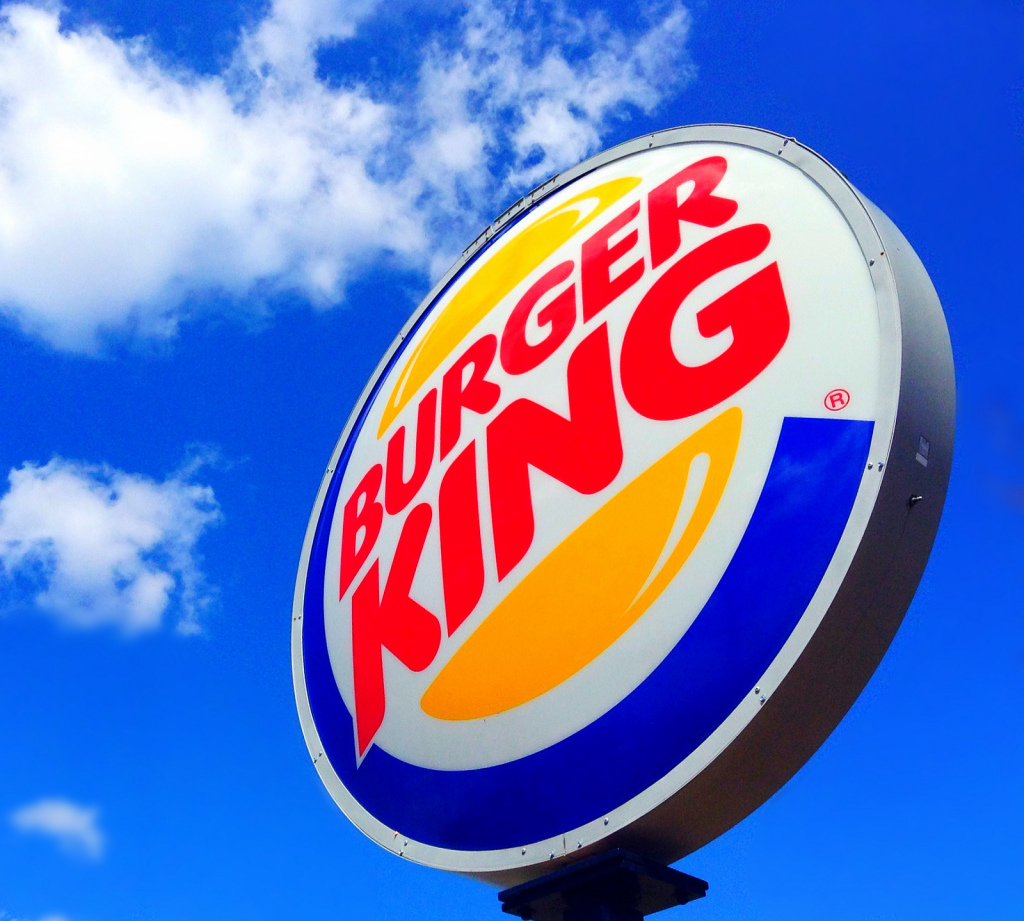8 Things We Learned About Burger King’s New Leadership Image courtesy of Jeepers Media
Bloomberg Businessweek explained the company’s changes to its business model and the relatively young CEO in this week’s cover story.
- Burger King’s new chief executive officer, Daniel Schwartz, is only 33 years old. The only CEO in the Fortune 1000 who is younger is Mark Zuckerberg of Facebook. Many of the company’s top officers are pretty young, too: their chief financial officer and head of investor relations are both under 30.
- Burger King now owns only 52 of its restaurants, having sold more than 1,200 corporate-owned locations since new ownership took over in 2010. They use the 52 remaining corporate-owned restaurants for testing and training. Some experts think that’s a bad idea: by owning so few restaurants, the corporate overlords will know less about what’s going on in restaurants on the ground.
- In the last year, Burger King has opened new restaurants, especially abroad, increasing their total count by 1,493. New franchisees have put up the money for that expansion, so most of Burger King’s income is now royalty fees.
- Schwartz comes from Wall Street, not the fast-food biz. He started as an analyst after graduating from Cornell, and was the driving force behind his employer, 3G Capital, acquiring Burger King.
- 3G took over during the Double Cheeseburger Revolt, when franchisees actually sued the company because they couldn’t make money selling double cheeseburgers for $1.
- The company engaged in some very millennial-generation cost-cutting after 3G took over, with employees told to scan and e-mail documents instead of using FedEx, and to make long-distance calls with Skype.
- Schwartz worked on the ground in a restaurant for his first few months as CEO. Sure, it was a publicity move reminiscent of “Undercover Boss,” but he also learned a lot. For example: he had trouble keeping up with complicated orders, concluding that the menu was too complicated and needed simplifying.
- Burger King now employs coaches to help franchisees boost their income. The in-house consultants may have helped the company’s same-store sales rise by 2%.
Burger King Is Run by Children [Bloomberg Businessweek]
Want more consumer news? Visit our parent organization, Consumer Reports, for the latest on scams, recalls, and other consumer issues.


